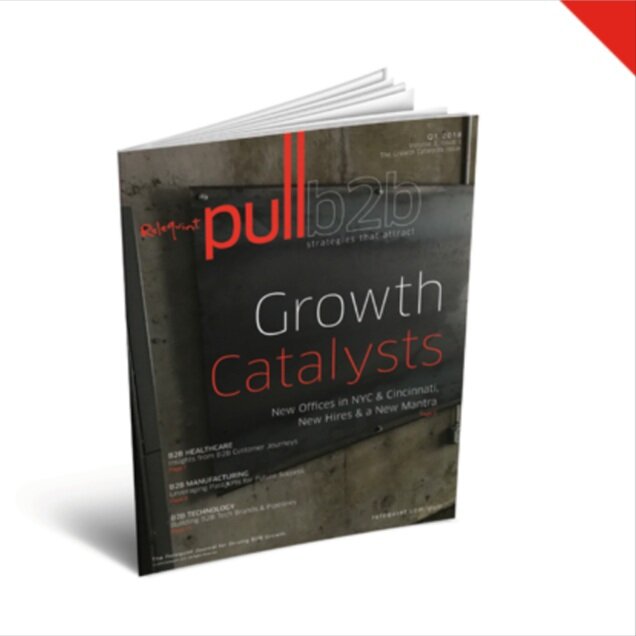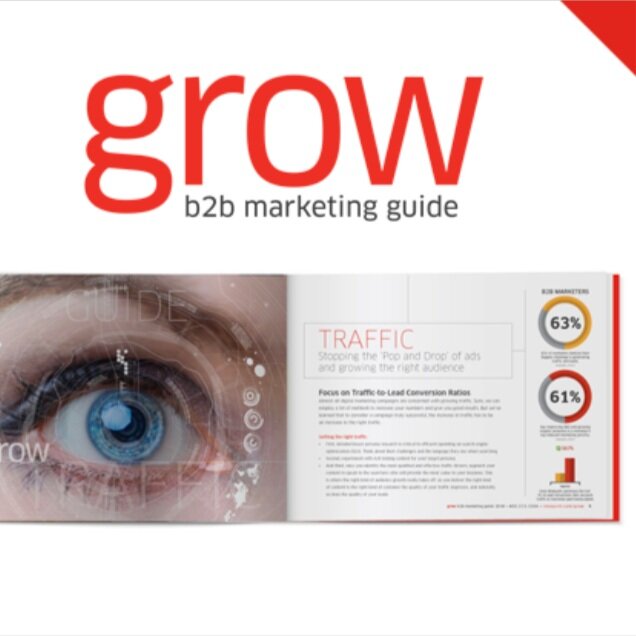As an enterprise, you’re only as good as the data you use to make decisions. If that data is incomplete, inaccurate, or seller-centric, you’ll face shortfalls in your B2B inbound marketing tactics.
And, as it turns out, that’s not an uncommon problem.
According to a recent study by CapGemini, only about 27% of B2B marketing executives are satisfied with the quality of their data, and only 20% trust the data they’re collecting. For these companies, the cost of bad data can be high, impacting annual revenue and destroying a company’s bottom line. B2B companies simply can’t afford to settle for bad data
In this blog, we’ll look at the value of investing in accurate buyer insights and how doing so will improve and streamline your B2B inbound marketing tactics. Let’s dive in.
Bad Data & Its Impact On B2B Inbound Marketing Tactics
Today, organizations lose $9.7 million per year thanks to bad data. Despite this, data is more crucial than ever, and reliance on it is increasing. According to Gartner, 60% of companies will switch from experience-based selling to data-driven selling by 2025.
In the B2B world, good data allows companies to make intelligent, informed decisions about everything from marketing to product positioning. Think of it this way: every day, B2B companies send thousands of marketing emails, and sales reps reach out to countless potential customers. The employees behind those efforts rely on data in various mission-critical systems.
If you’re relying on bad data, it could impact your company in the following ways:
- Damage to your company’s reputation. Even tiny data mix-ups (like the wrong title attributed to a prospect) could cause a PR nightmare for your team or a public backlash on social media.
- Lost productivity. Bad data doesn’t exist in a silo. Instead, it ripples out to impact the productivity of your sales and marketing teams. Over time, it becomes a detriment to your whole operation.
- Less engaged buyers. Did you know that more than 93% of customers receive regular marketing communications irrelevant to them or that 90% are annoyed by that? For B2B companies, annoying potential buyers is the worst thing you can do. Over time, it can cause buyers in the pipeline to block your organization.
3 Issues Causing Poor Buyer Insights
According to a B2B marketing survey conducted by McKinsey, just one in four respondents reported using data weekly to understand the needs of their customers. Meanwhile, a shocking 86% of respondents said that they could be doing better with their data.
As if that weren’t bad enough, the survey also revealed that B2B marketers waste about 21% of their marketing budgets on inaccurate, insufficient, or low-quality data.
So, what’s the problem? Why is good data so hard to achieve?
While each organization is unique, these three problems are responsible for most of the bad data in the B2B world:
1. A disconnect between corporate and regional views of the buyer
B2C marketing relies on individual names and addresses. That’s not true for B2B companies, though.
Organizations classify companies in many ways: by region, corporate or legal entity, site, etc. This can lead to problems in how companies categorize and classify would-be buyers internally.
The only way to ensure good data quality is to implement a tracking system that provides a 360-degree view of customers and notes how buyers are classified and how the company doing the marketing is making decisions.
2. Reliance on out-of-date buyer insights
Errors in buyer insights don’t have to be huge to create significant losses. A misspelling in an organization’s name or outdated contact information can make it impossible to generate an accurate data field.
To combat inaccurate or outdated buyer insights, B2B teams must implement robust data capture and maintenance strategies that combat errors and ensure consistency.
3. Poor data integration
As B2B teams rely more on multi-channel sales, data integration across systems has become increasingly important. Today, the accurate proliferation of data across a B2B enterprise is particularly critical.
Specifically, B2B teams must combat departmental data silos and create a 360-degree data view. This is the only way to ensure accurate, usable data that fuels intelligent decision-making.
The Case for Investing in B2B Data
The B2B data problem stops here.
Investing in B2B data and buyer insights has many benefits for a company, including ensuring the availability of accurate information and preventing issues like data duplication or missing data fields.
What’s more, the ROI of investing in accurate buyer insights and B2B data is enormous—mere dollars that, left unattended, could build to several hundred dollars or more expenses.
We're here for you when it's time to make an investment in your B2B inbound marketing tactics and guarantee precise buyer insights. Schedule your 30-minute consultation now.







 By
By 
